Prof. Edmond Sanganyado, a member of OAAD and the Chair of Advisory Committee of Professors in OAAD, has been selected as a new member of the Global Young Academy (GYA). He joins the world's top 200 young researchers and professionals to contribute innovative and creative solutions that address global challenges.
The GYA links, mobilizes, and empowers young scientists from 94 countries to lead dialogue on leveraging science, technology and innovation in driving economic and social development. Furthermore, the GYA is the leading expert community that promotes the voice of young scientists in evidence-informed and inclusive global, regional and national decision making. Prof. Sanganyado will serve as a GYA member for five years, beginning in June 2022.
Prof. Sanganyado's distinguished academic and research qualifications and outstanding commitment to service to society contributed to his appointment to the GYA. Throughout his illustrious career, Prof. Sanganyado has achieved numerous local, national, and international accomplishments, such as NUST Vice Chancellor's Prize, Fulbright Fellowship, and Shantou University Outstanding Young Talent. He sits on several editorial boards of top international peer-reviewed journals such as Communications Earth and Environment, BMC Chemistry, and Integrated Environmental Assessment and Management. In 2020, he was elected Fellow of the Institution of Environmental Science in recognition of his outstanding contribution to the field of environmental science and sustainability.
Prof. Sanganyado was selected partly because of his work in research capacity building as the current president of the Zimbabwe Young Academy of Sciences (ZimYAS) as well as his selfless contributions in an Africa-wide International professional network, Organization of African Academic Doctors (OAAD). Under his leadership, ZimYAS partnered with some lecturers from Department of Journalism and Media Studies, to launch the ZimYAS Mass Media Fellowship that seeks to inspire a new generation of media practitioners who make science more accessible and impactful. Through this initiative, more young scientists from Zimbabwe have been featured in international publications.
Prof. Sanganyado is now a senior lecturer at Northumbria University in the UK where he will continue his work on understanding the impact of human activities on the environment. He was previously an associate professor in the Institute of Marine Science at Shantou University, China. He holds a PhD in Environmental Toxicology from University of California Riverside and a BSc (Hons) in Applied Chemistry from the National University of Science and Technology. Prof. Sanganyado has published more than 40 scientific articles in international journals, more than 10 book chapters by international academic publishers, and edited one volume.
As someone who started his science journey at a rural school in Hurungwe, Prof. Sanganyado believes increasing science, technology and innovation opportunities to rural students is the key to unlocking Zimbabwe's economic growth. He encourages young researchers to be ambitious and brave when pursuing their dreams.
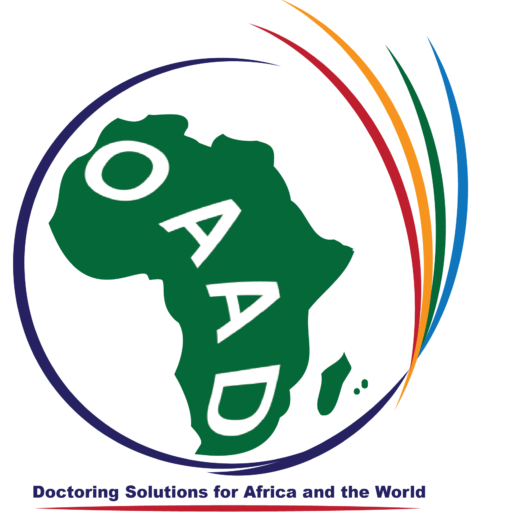

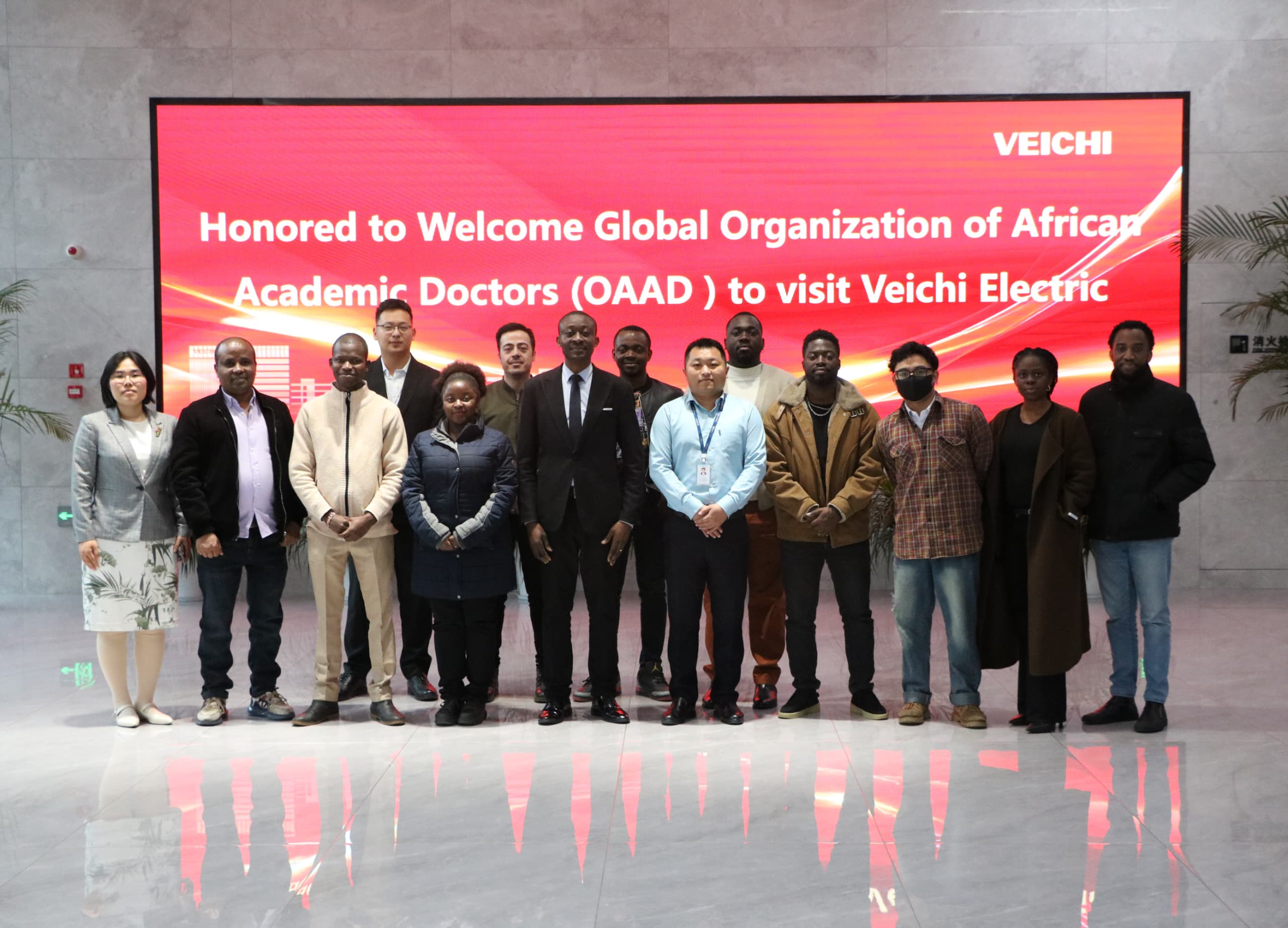
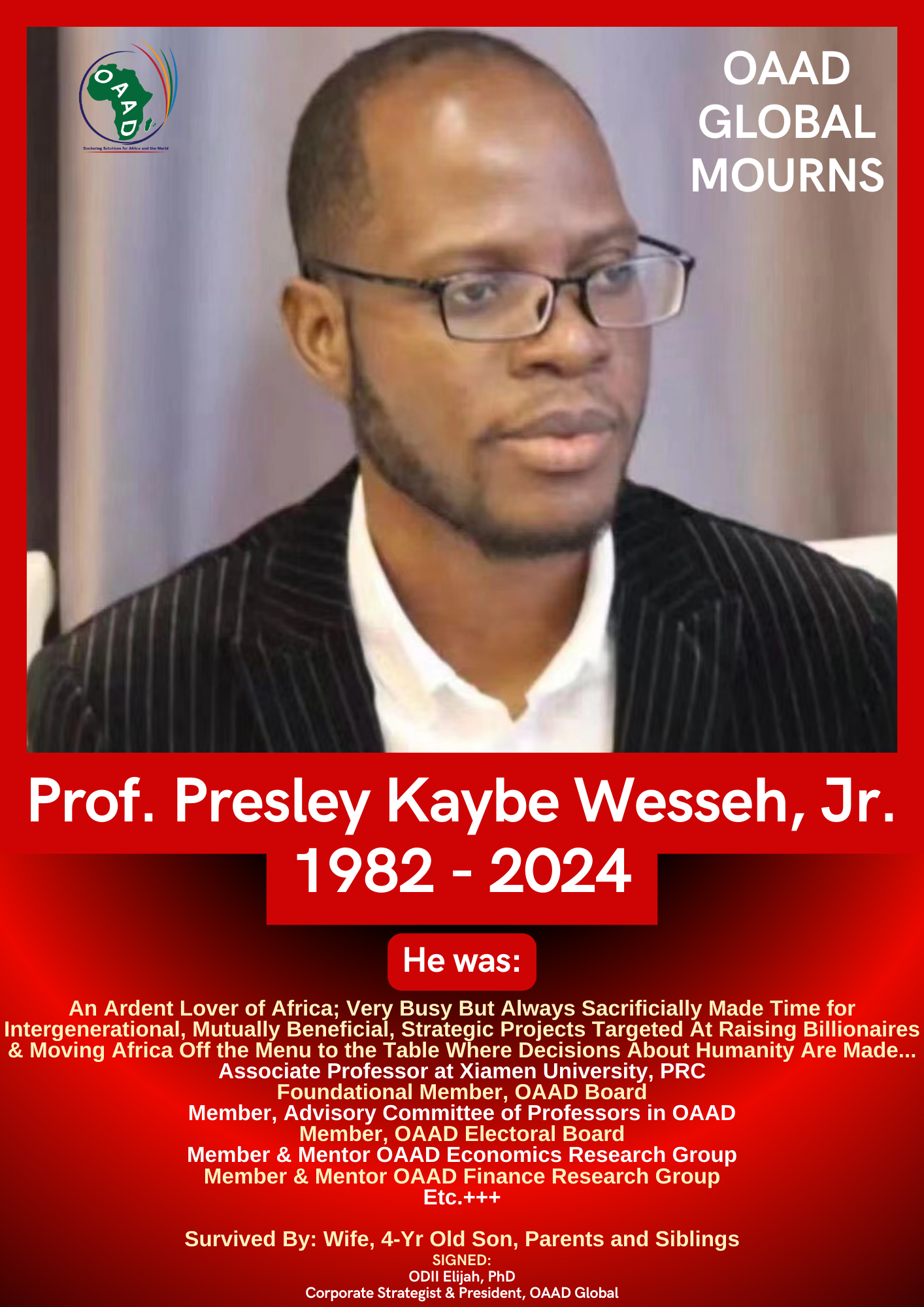
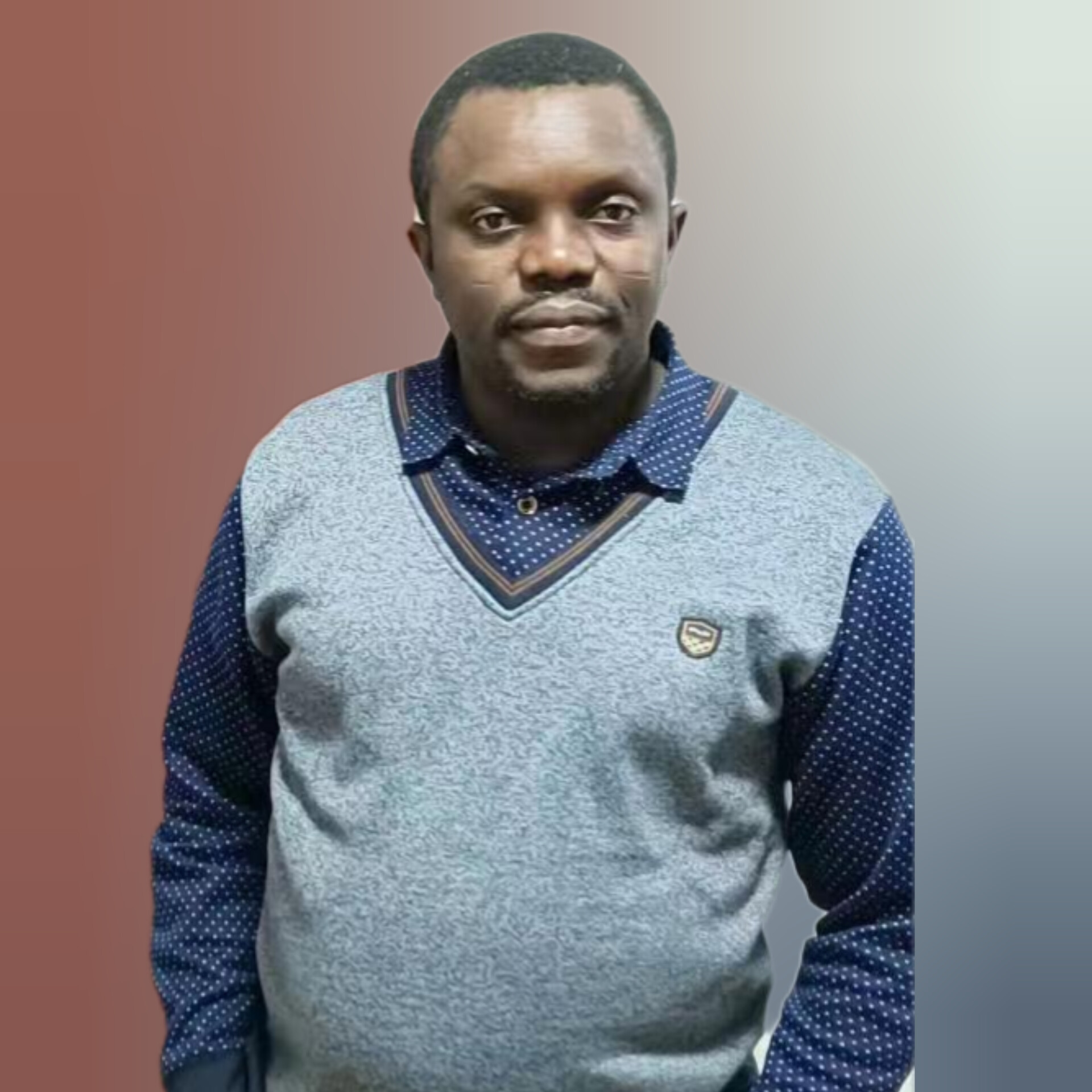
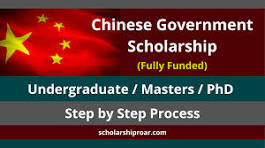

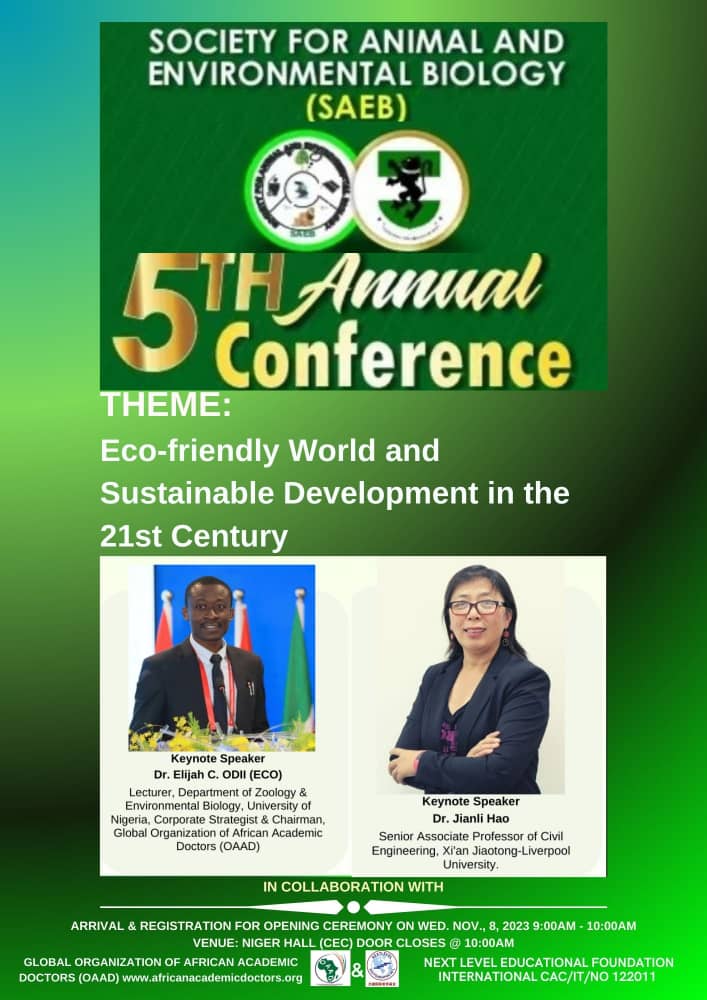
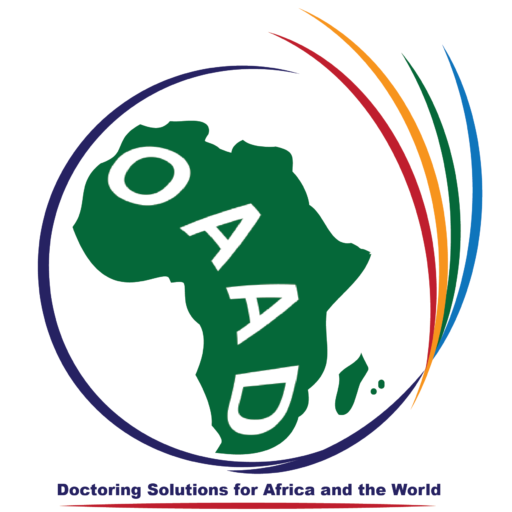
Congratulations